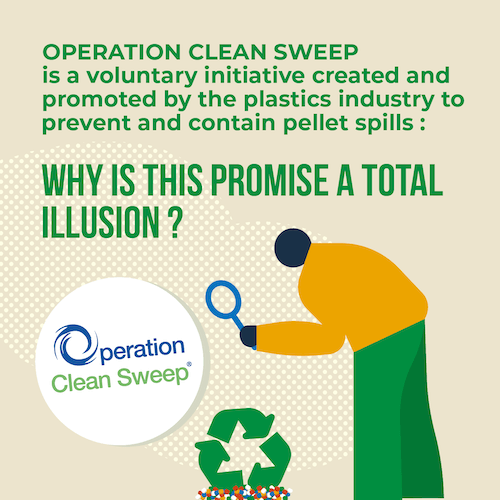Break the plastic wave
To stop plastic pollution of the Ocean, change is needed now. Citizens, businesses, public institutions and governments; every level of society must all work together to transform the way we produce and consume to fight plastic pollution and preserve Ocean health.
Plastics, the scourge of the 21st century
That’s the number of millions of tons of plastic that ends up in the ocean every year.
With the “Break the plastic wave” campaign, Surfrider Europe wants to call on all stakeholders in society to become actively involved in the fight against plastic pollution. Our decision-makers have a great responsibility to adopt a legislative framework and concrete measures that will serve to protect the environment and the ocean. The plastic industry lobbies have tried to take advantage of the health crisis to postpone legislation that is binding on the plastic industry. We must remain mobilized and not lose the progress we have made, industries and companies must be part of the solution and improve their manufacturing process and create reusable and sustainable products. As a citizen, our choices in our daily life, our way of consuming, our habits can make all the difference.
12
A changing society
Citizens

Know What’s In Your Products: Stop buying products that contain ingredients with intentially added microplastics
Reuse, Not Single Use: Stop buying single use plastics and choose zero-waste alternatives
Shop Smart: Support sustainable brands and businesses that actively work to reduce their impact
Your Voice Matters: Speak to your local representatives and demand measures to reduce plastic waste in your area
Businesses

Product Innovation: Improve product design to be long-lasting, refillable, reusable and repairable
Microplastic, Major Problem: Stop adding microplastic ingredients to cosmetic and health care products
Less Is More: Stop over-packaging and adopt a minimalist philosphy in daily business
Provide Opportunities, Not Plastic: stop offering single-use plastic products and give consumers zero-waste and bulk food options
Governements

Circular Economies: employ reuse, refill, and repair to create a close-loop system, minimising the use of resources and the creation of waste.
Cut Out Microplastics: Ban microplastic ingredients from being added to all products manufactured and sold in Europe.
Lead The Charge: Take the initiative to adopt, implement, and strongly enforce European plastic laws in your territories.
Cut at source, no exemptions: Regardless of thickness or composition, maintain a strict stance against all single-use plastics in the face of industry lobbying.
Stop single use plastics and packagings !
Surfrider’s Environmental Report is irrevocable, 65% of the objects collected during the Ocean Initiatives are single-use plastics or packagings.
Plastic bottles and bags, cigarette butts, cotton buds, and food packaging are all products that last from a few seconds to a few minutes. However, if they end up in nature, they will never really disappear but will progressively degrade into plastic microparticles that pollute the ocean for a long time. Often mistaken for food, they are ingested by species that die of intestinal obstruction or starvation, and enter the food chain. In addition, plastic releases chemical elements as it decomposes, contaminating ecosystems and posing a risk to human health.
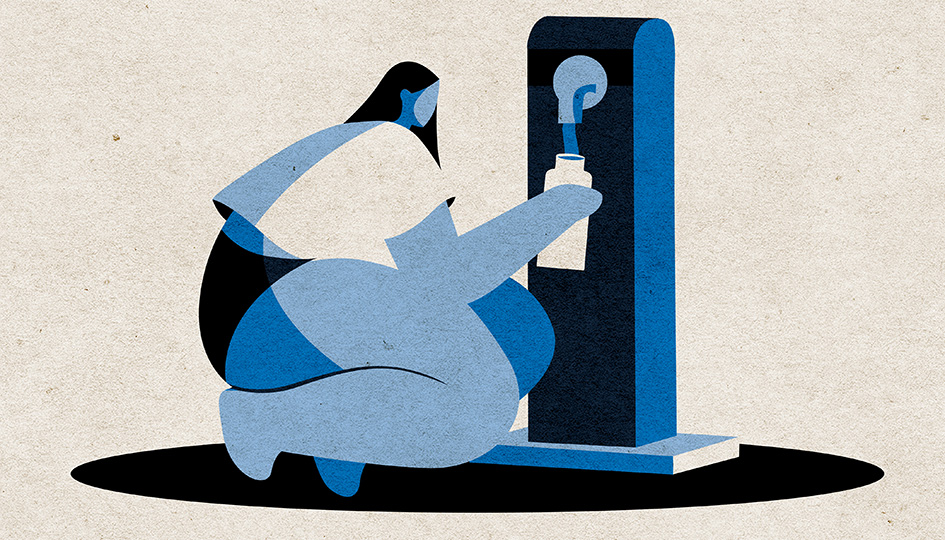
Manufacturers must assume their responsibility and propose sustainable alternatives.
Ecology should not be a marketing argument to reassure the consumer and sell more product, it must be an integral part of the values of companies to truly limit their impact on the environment. Manufacturers can act at many levels to limit plastic pollution: rethinking the design, production and distribution of their products to reduce the use of plastic throughout the value chain. It also means replacing single-use plastic products and packaging with reusable alternatives and developing systems that enable reuse. To end over-packaging and single-use plastic products.
Some key sectors, such as food service and take-out, which are between the industry (producers of plastics/packaging) and citizens (consumers), have a role to play in moving away from single-use and reducing plastic pollution by implementing a system of reuse of food and drink containers. Surfrider is committed to supporting restaurant owners in this transition with its Ocean Friendly Restaurant program, but manufacturers must offer adequate products and the law must push for this transition with objectives and concrete measures in favor of reuse. Surfrider is making recommendations to the European Commission in this regard.
International policies and institutions are also involved
Politicians must put in place the necessary legislative framework for the ecological transition and the reduction of plastic pollution, at all levels (international, European, national) because we are all impacted by this pollution. Public decision-makers must adopt binding measures that are commensurate with the ecological emergency, in order to encourage a change of economic model, production and distribution model, and to force companies to change their production and distribution model towards a circular economy that is based above all on the saving of raw materials.
In the case of single-use plastic products and packaging, this implies the implementation of certain bans on polluting products, but also the adoption of means allowing the development of reusable alternatives.
Public authorities must also ensure the implementation of this ecological transition by integrating waste reduction in all their public policies and by setting an example by eliminating unnecessary or single-use plastic in public administrations and events.
As a citizen
We have the opportunity to influence politics and industry through the power of our votes, and our voices, and by where and how we choose to invest our money.
For example, we can choose to consume less by investing in long lasting, locally sourced products. We can buy in bulk to limit packaging, read label information to avoid plastic ingredients, and refuse using single-use items.
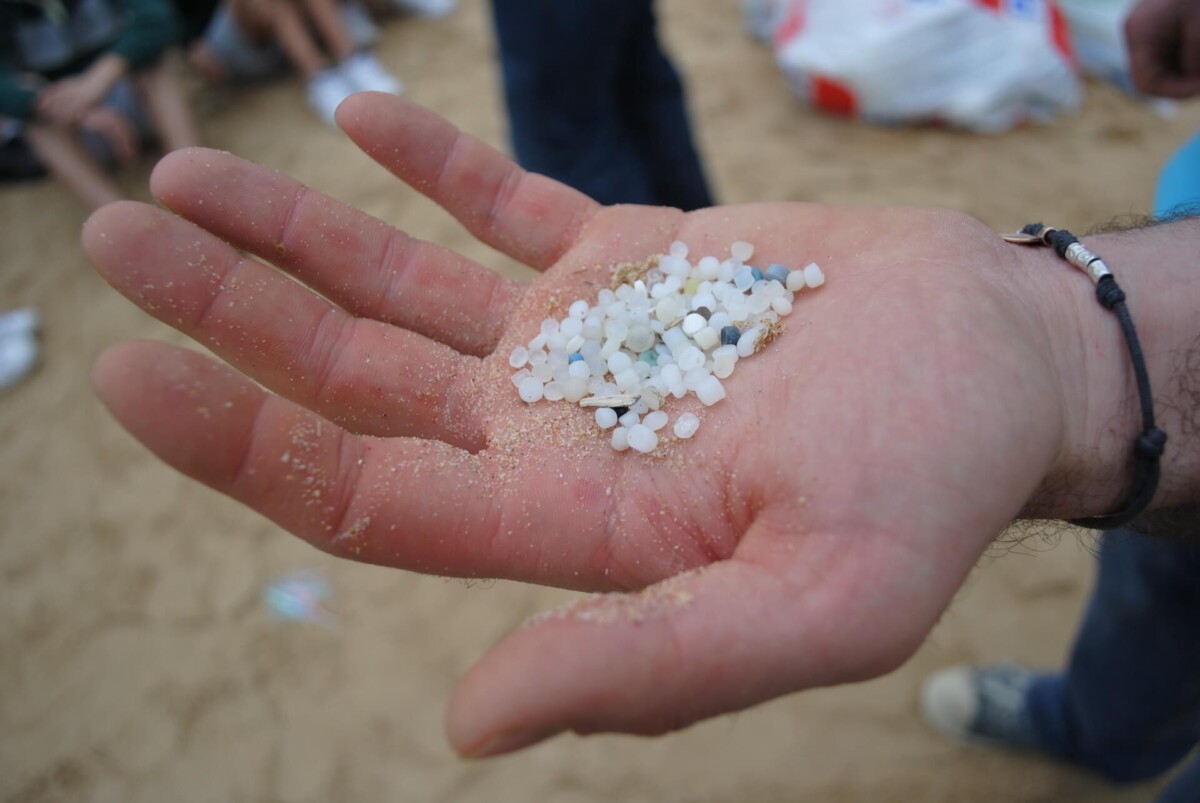
Microplastics: the invisible pollution of the Ocean
Measuring less than five millimetres, microplastics are found in the marine environment, but also in the air and in marine fauna. There are two types of microplastics:
– Microplastics intentionally added to the product. For example, in cosmetics, microbeads added to exfoliating gels or dentifrice.
– Microplastics created by the degradation of products such as larger plastic pieces, textile fibres or car tires, to name a few.
European Union mobilises against microplastics
In recent years, studies conducted by the scientific community have produced highly alarming data on the omipresence of microplastics in the Ocean, rivers, and within most marine species. The United Nations declared in 2017 that the Ocean contains between 15 and 51 billion particles, 500 times more than the number of stars in the galaxy.
When the Plastics Strategy was publishedin 2018, the European Union committed to a ban on intentionally added microplastic ingredients in certain types of products (cosmetics and personal care products, detergents, cleaning products, paints, products used in the oil and gas industry, and agricultural fertilisers).
Industrialists must adhere to the requirements of this legislation to stop the intentional addition of microplastics to their products.
As citizens, how can we avoid them?
“Clean” packaging and green slogans do not guarantee a product without microplastics. These terms are not regulated and fall under the term “Greenwashing”, a technique used by manufacturers to make consumers think that their product is more eco-friendly than it actually is by using color and imagery.
Here are some clues to spot them in your future purchases: First, avoid products with formulas with ingredients ending in -one or -oxane, large letters such as PPG and PEG, poly- and -cellulose. Secondly, you can rely on products with the Slow Cosmetics label, named after the same association that is campaigning for a total ban on plastics in cosmetics. Also, applications such as Beat the microbead help you to see through the marketing and get to the core of what you are buying.
Beware of false good solutions !
Idea #1 : recycling
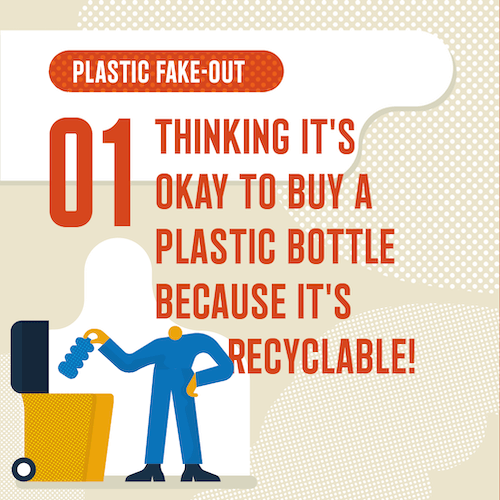
Idea #2 : bioplastic
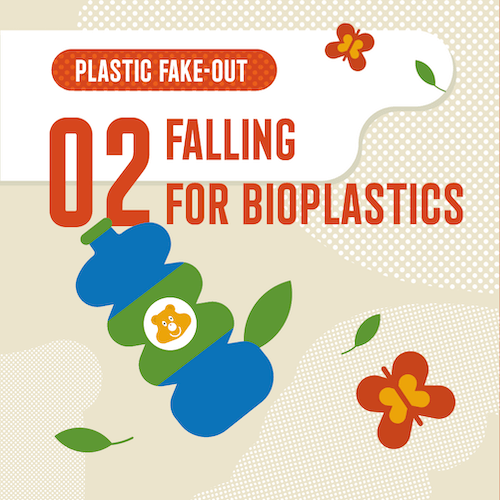
Idea #3 : cleaning the ocean
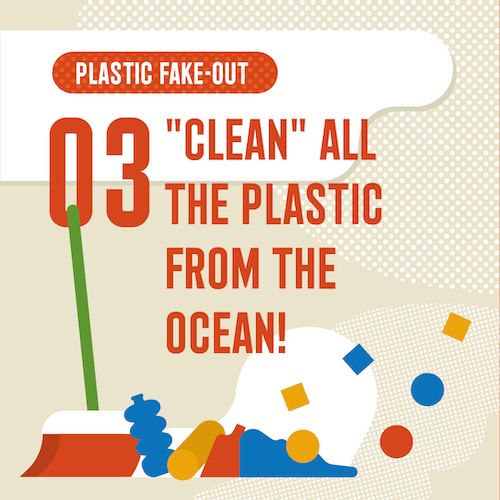
Idea #4 : Clean Sweep
